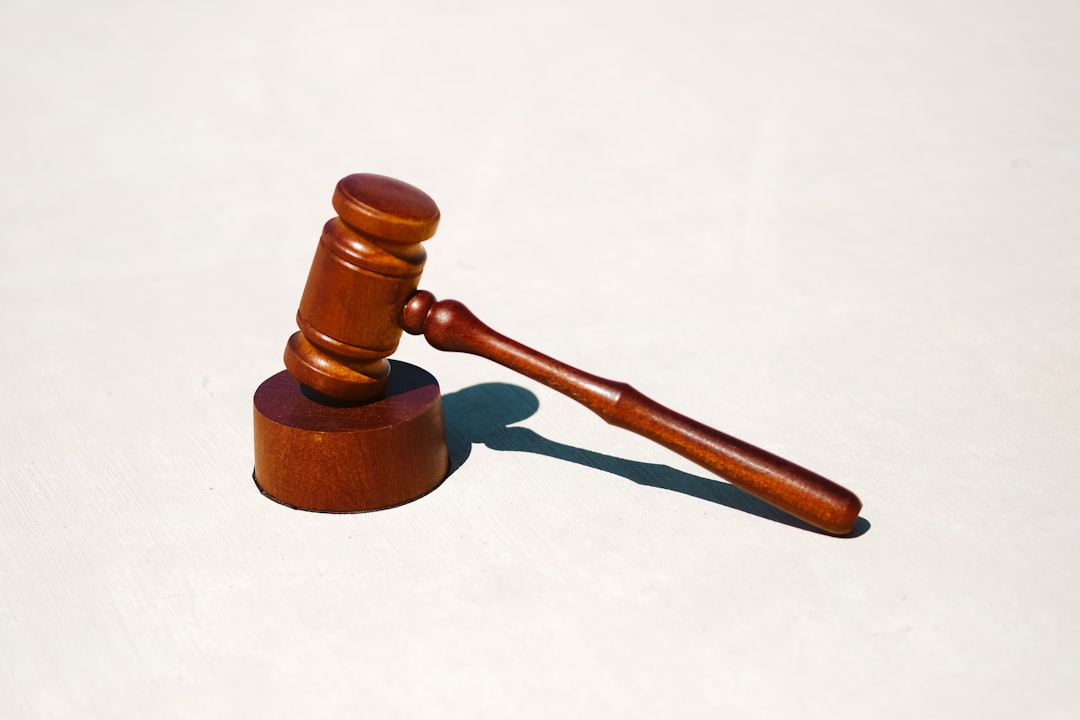Navigating a rape case in South Carolina requires expert legal counsel. Understanding the state’s complex rape laws is crucial, and hiring a specialized defense attorney can make all the difference. This article guides you through the process, from comprehending local rape laws to selecting the ideal rape lawyer for your unique situation in South Carolina. By exploring qualifications, expectations, and key considerations, you’ll be equipped with knowledge to make informed decisions.
Understanding Rape Laws in South Carolina

In South Carolina, rape is defined as sexual penetration without consent. Laws in this state recognize different types of rape, including forcible rapes and rapes that involve a victim who is unable to give legal consent due to intoxication or mental incapacity. The presence of a rape lawyer South Carolina is crucial for navigating these complex laws. A qualified attorney can help clarify the specific charges, understand the evidence, and build a strong defense strategy.
The state’s statutes also address the importance of consent, which must be freely given and positive. Absence of consent or confusion about consent can lead to rape charges. Having an experienced rape lawyer South Carolina by your side can ensure that your rights are protected throughout the legal process. They will challenge the prosecution’s case, protect your privacy, and advocate for a fair outcome based on the unique circumstances of your situation.
Qualifications to Become a Rape Lawyer in SC

Becoming a rape lawyer in South Carolina requires a specific set of qualifications and expertise. Candidates must first obtain a bachelor’s degree, demonstrating a strong academic foundation in relevant fields such as criminology, sociology, or psychology. This initial step sets the groundwork for understanding the complexities of sexual assault cases.
Subsequently, aspiring rape lawyers must complete law school and pass the South Carolina Bar Examination to gain admission to the bar. Specialization in criminal law or gender-based violence is highly beneficial, as it equips attorneys with the knowledge to navigate the intricate legal aspects of rape cases. Certification from specialized programs focused on sexual assault litigation can also enhance a lawyer’s credentials, making them more appealing to clients seeking expert defense in South Carolina.
What to Expect When Hiring a Rape Defense Attorney

When hiring a rape lawyer in South Carolina, it’s crucial to understand what to expect from the legal process and your attorney’s role. Initially, you can expect a thorough consultation where the attorney will assess your case, discuss the evidence, and outline potential strategies. They will guide you through the legal system, explaining complex procedures in plain terms. Your rape defense attorney will collect and analyze evidence, interview witnesses, and challenge the prosecution’s case to ensure a fair trial.
In South Carolina, these attorneys are adept at navigating the intricate laws surrounding sexual assault cases. They employ various tactics, including filing motions to suppress evidence or dismiss charges if warranted. During court proceedings, they present a robust defense, cross-examining witnesses, and arguing for your innocence. It’s essential to cooperate fully with your attorney, providing them with all relevant information to build the strongest possible case.
Choosing the Right Rape Lawyer for Your Case in South Carolina

Choosing the right rape lawyer in South Carolina is a critical step in ensuring your case receives the expertise and advocacy it deserves. It’s important to look beyond just legal experience and consider specialists who have a proven track record in handling sensitive cases like yours. Seek attorneys with deep knowledge of South Carolina’s sexual assault laws, understanding of the emotional toll these cases take, and a commitment to advocating fiercely for justice and your rights.
When evaluating potential rape lawyers, pay attention to their approach, communication style, and willingness to listen to your story. You should feel comfortable discussing intimate details with your attorney and have confidence in their ability to navigate the complexities of your case. Don’t hesitate to ask about their experience, success rate, and strategies for building a strong defense. Remember, the right lawyer will be your ally, providing guidance, support, and relentless pursuit of justice throughout every step of the legal process.






